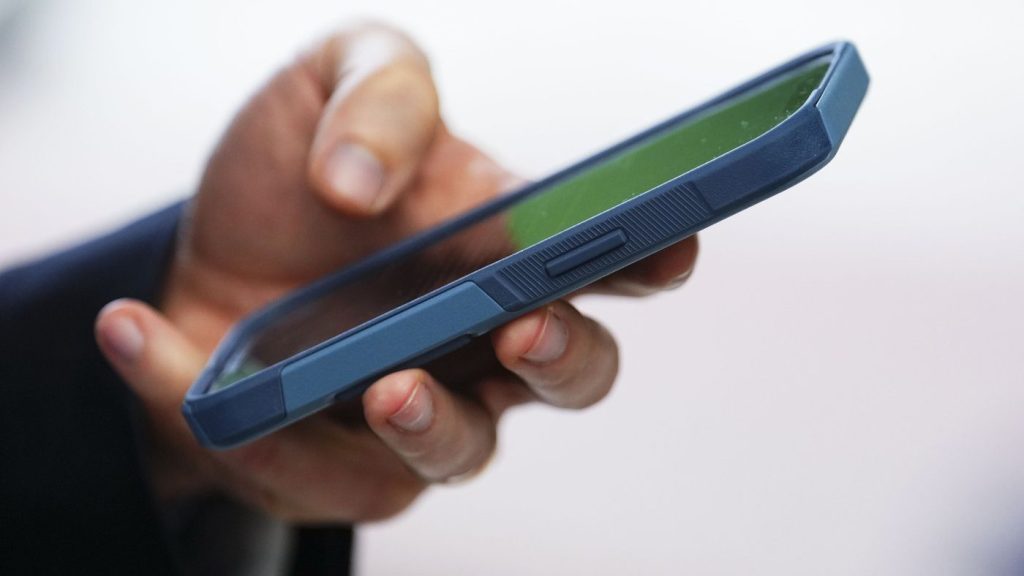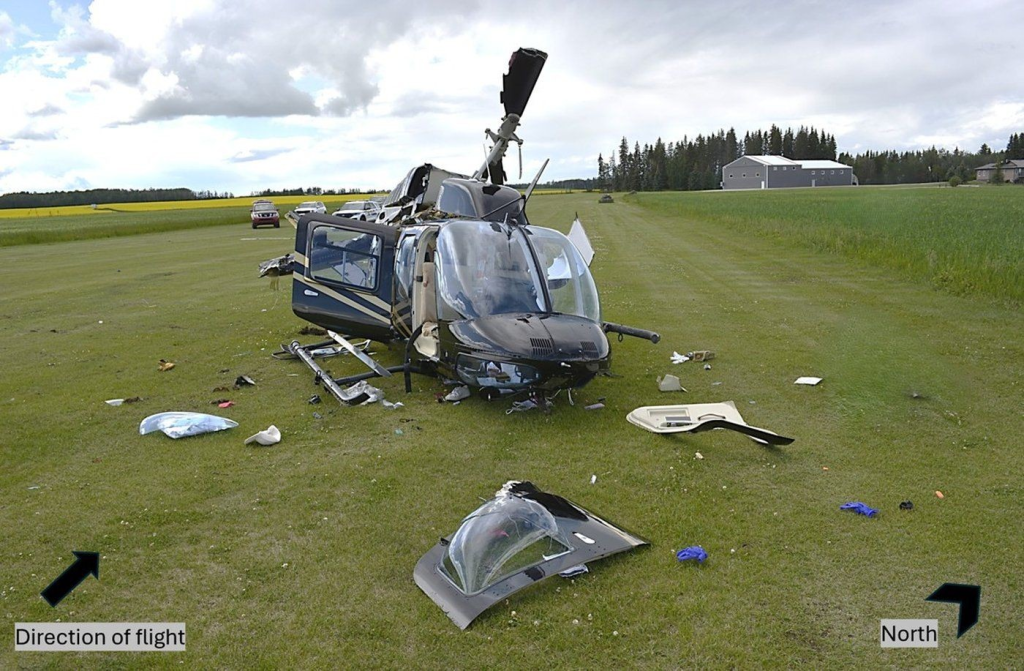Edmonton to bring 5G service to underground LRT stations by March 2026

Posted January 22, 2025 8:08 pm.
Last Updated January 22, 2025 8:11 pm.
Edmontonians will soon have cell service in underground LRT stations, as the city approves the proposed 5G network expansion.
“I’m super happy,” said one public transit user. “Because I can’t reach my friends through snapchat without cell service.”
Right now, underground stations like Churchill are dead zones for cell service.
But Wednesday, the city finalized a 30-year-deal with Telus to bring cell service for all LRT tunnels and stations by spring 2026.
“I think it’s really great for improving our service down here,” said an Edmontonian. “And it’ll be safer for us.”
“I think it’s the right decision,” added another. “Because most of the time if you need to use your GPS it doesn’t work underground you know?”
This is not the first time a Canadian city works with a telecom company, in Toronto transit riders are able to call 911 from undergroud stations — after CityNews’ parent company Rogers took over a contract to expand their 5G services.
“Public transit is an essential core service,” said Edmonton mayor, Amarjeet Sohi. “It is the service that the municipality is obligated to provide and we want to make sure it’s safer for everyone.”
Right now, commuters need to use help phones in case of emergency — which this university student says is not enough.
“Somebody tried to call the helpline number and they didn’t even pick up, so it’s a good way like – if you call over here and there’s service over here – that will be a good option.”
“We wanna make sure that if something happens, people are able to contact the security,” said Sohi. “It’s also a connectivity that is missing for our operators.”

The total taxpayer cost of the plan is $4.7 million dollars.
“It’s a good idea for sure, because sometimes if you lose a signal, it’s good to know where you’re at,” said one user.
“Their safety and their people’s safety so I think so,” added another.
The goal is to have cell service on all LRT lines by March 31st of next year — and the network will be open for all telecom service providers.








